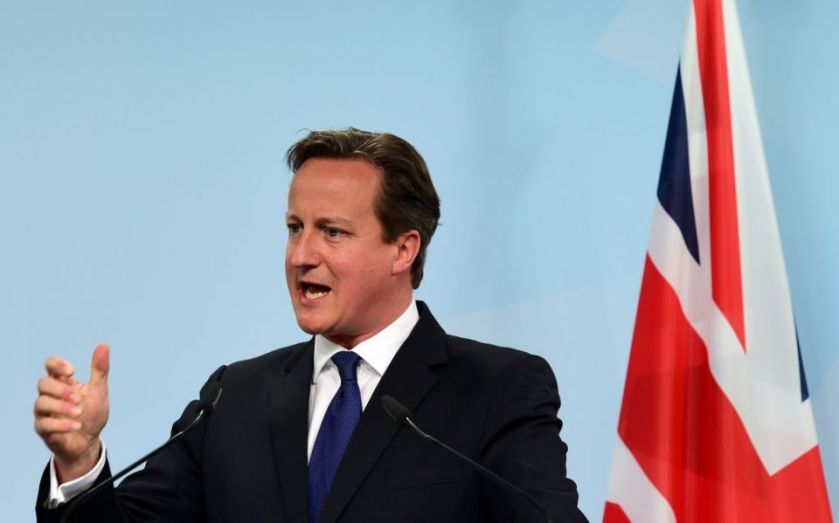After a row over ministers’ freedom to back the No vote, is David Cameron bungling EU renegotiation?

Tim Knox, director of the Centre for Policy Studies, says Yes
Successful negotiation is based on clarity, conviction and consistency. Sadly, in our renegotiations with the EU, clarity is scarce. Are we talking about an optout from ever-closer union? Or is it just a matter of limiting welfare entitlements?
So too is conviction. Who can say that David Cameron shares Margaret Thatcher’s belief when she (successfully) argued for a British rebate? And consistency? We were told that Cameron had ordered his ministers to back him or leave the government. Then he rows back on it.
If the terms of the debate move so quickly, then his opponents may think that some token concessions should be enough. But they would be wrong. First, Cameron does have form in leaving things to the last minute, but then securing big victories.
Second, he has played the nuclear card before (remember his veto of proposals for a Tobin Tax). Third, we are only one month in. So maybe it is not too optimistic to hope that these early flaws will soon be put right.
Andrew Glencross, lecturer in international politics at Stirling University, says No
This all assumes that renegotiation should be a smooth, trouble-free process. But David Cameron’s referendum pledge made him a hostage to fortune. Eurosceptic Tories have clamoured for a referendum since the 1992 Maastricht Treaty, on the basis of fundamental opposition to what the EU stands for. They reject the constraints on parliamentary sovereignty that are necessary in order to establish common rules for free movement of goods, people, capital, and services.
But EU leaders are not going to compromise on these founding principles just to forestall a Brexit. Hence there will never be a deal on the table that could satisfy those Conservatives who have fought long and hard for the opportunity to persuade Britons to leave the EU.
Dissent on the government benches and even within the Cabinet is therefore to be expected. Cameron’s gamble is whether this inherently messy business will prove a small price to pay for putting the issue to bed once and for all.